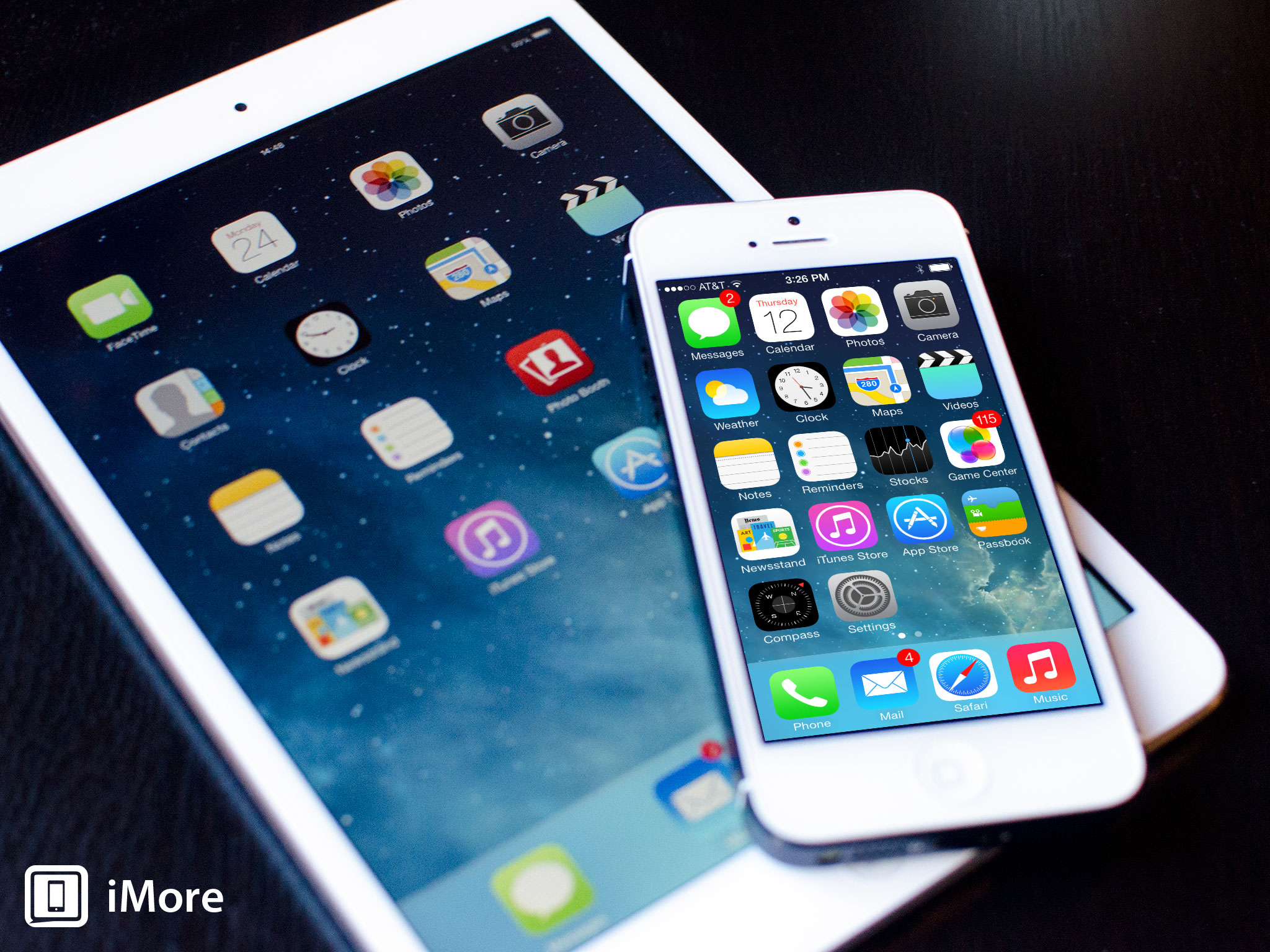Here's why you shouldn't upgrade to iOS 7...yet

At some point in the next 24 hours or so, Apple should unleash the first public release of iOS 7 upon the world. Millions - and I mean millions - of iOS device users will install it. But I encourage you to exercise caution. Why? Let me explain.
The hype around iOS 7 is exceptional. Since its first unveiling in June, we've been enticed with iOS 7's flat design, its reworking of essential user interface elements and its brand new features. And it is a major change for iOS users, regardless of whether you have an iPhone, iPad, or iPod touch.
Apple's legion of registered third-party developers have faithfully downloaded the beta releases, have learned their way around the new and improved developer tools, and many of them have already updated their apps to make them work well with iOS 7. Many more are behind them, bringing their code up to snuff for the new release.
But that's still a work in progress, and that brings me to my first point.
Your apps and services might break
As I said at the outset, iOS 7 is a significant rework of iOS. It's arguably the most significant change to iOS since iOS was first introduced. That change is going to come with a few growing pains. One of them is that not all apps are going to be ready for iOS 7 on day one.
Just anecdotally, I've been seeing loads of apps I use every day updated. I know developers are doing a good job of getting their stuff ready for the new release. But I've also had a few talks with developers who aren't ready. Along with others who are biting their nails, hoping Apple's review team gets their apps up in the store in time for the iOS 7 release.
Some developers are also taking the route of replacing old apps with entirely new ones, optimized for iOS 7 and with other new features, that they're charging money for. After all, the App Store still provides no direct way for developers to charge for upgrades. So even if your apps are all "up to date," that doesn't mean they'll all work with iOS 7.
Master your iPhone in minutes
iMore offers spot-on advice and guidance from our team of experts, with decades of Apple device experience to lean on. Learn more with iMore!
Even if they work, some apps will look like crap
iOS 7's most ballyhooed feature is its new look and feel. That change is pretty radical. And while a lot of apps coming from iOS 6 will work, many of those haven't been reworked to look nice on iOS 7. They haven't adopted iOS 7's new visual language. That'll come in time, but it's a process.
In the interim, you're going to see a mishmosh of apps that are up to date with iOS 7's fundamental design and user interface changes, and those that aren't. If you're looking for consistency, you'll need to wait until all your apps have been updated or replaced with new versions.
Your older device may not support iOS 7, or may not support it well
Bear in mind that iOS 7 doesn't work on all iOS devices. If you're using any iPhone prior to an iPhone 4, for example, you're out of luck. Original iPads are out of luck. And any iPod touch prior to the fifth-general current model doesn't qualify, either.
But more than that, even if your device does make the cut, it may be a diminished experience. If you have an iPhone 4 or an iPad 2, for example, it might be worth waiting and seeing what the experience is like for other users of the same hardware. Sometimes devices right on the edge of minimum system requirements don't provide the best user experience with the newest software.
You probably don't have to be on the bleeding edge
If you have a legitimate reason to upgrade to iOS 7 on day one, don't let me stop you - go right ahead. If iOS 7 has some absolutely critical feature that you need, or something that's going to make your device use experience or your life way better, then by all means install it.
But if the best reason you can come up with is "because it looks cool and I want to give it a try," stop yourself for a moment and ask yourself: Is the novelty of using iOS 7 worth the potential risk in stability and the impact on my productivity?
If the answer is no, you may want to take a back seat on this one and let other users try out iOS 7 before you. While there's something to be said for being the first kid on your block with a shiny new toy, don't paint yourself in a corner by killing your ability to work, either.
You haven't backed it up
Please, please, please make sure you've backed up any iOS device you plan to install iOS 7. Back up your data to iCloud, if you're using iCloud backups. Tether your iOS device(s) to your Mac or PC and back them up using iTunes.
And while you're at it, you may want to use the opportunity to do a little bit of spring (fall?) cleaning. If there are apps installed on your iOS device that you're not using, by all means use this opportunity to delete them. You'll be saving space on your device for new iOS 7-optimized apps, and unburdening yourself from stuff you don't need in the process.
You won't be able to downgrade
If you do upgrade to iOS 7 and find the experience lacking, there isn't a mechanism for reinstalling iOS 6 afterwards. Even your backups won't help you there - they save application files and settings, data and so on, but not iOS itself.
Certainly, developers have been able to downgrade to iOS 6 from the iOS 7 releases (and the GM release), but all that changes once the general release is out in the world. Apple doesn't want you to go back to iOS 6, they want everyone who can to march into the bright new future together.
Your device is jailbroken
If you've jailbroken your iOS device and you want to continue to use whatever tweaks you've installed, you'll need to stick with iOS 6 for now. While prominent iOS jailbreak developers say they're working on the problem, no one is going to have a working, public jailbreak on day one. So if you want to keep using your device jailbroken, you'll have to stick with iOS 6 for now.
Expect more updates from Apple
Almost inevitably, x.0 software releases from Apple are followed in fairly quick succession by x.01 updates. After all, Apple can't fix everything all at once, and there was a line in the sand that Apple's own developers had to make in order to create a GM version in preparation for release. Certainly Apple's tried to fix as much as it can, including total showstoppers.
But stuff happens. So if you can get away with it, it may be a good idea to wait out the initial rush of iOS 7 downloads to get a sense of what works, what doesn't, and what's left to fix or optimize, before hopping on board. Apple will clean as much up as it can with the next few incremental maintenance updates, I'm sure.
There are a lot of good reasons to get iOS 7, but nothing in it is going to be helpful if you can't get your work done with your device. So if you can, wait a little bit before jumping in.
Are you planning to get iOS 7 as soon as it comes out? Or does waiting sound like a better idea? I'm interested to hear from you, so please let me know what you think in the comments below.

